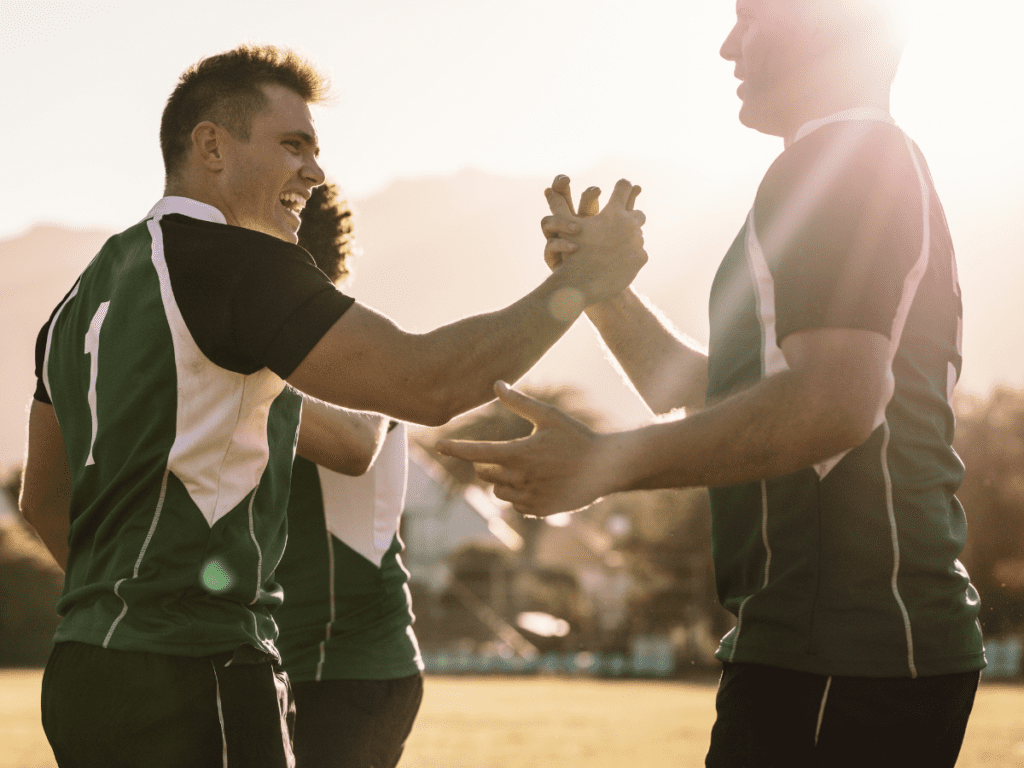Gender inequality in coaching soccer
Recently there has been significant growth in participation rates from women playing football. Given that there has been increased participation, why is it that men still hold around 80% of coaching positions in the European Women’s Football league? This article explores the possible reasons and causes behind the lack of women coaching.
New Interactive E-Learning Course Guides Coaches Toward a True Sport Approach
Ottawa – September 18, 2023 – The Canadian Centre for Ethics in Sport (CCES) is excited to introduce Values-Based Coaching: A True Sport Approach – an interactive, self-reflective e-learning course for coaches at all levels of sport. Interactions between coach and participant are important determinants of an individual’s sport experience: the values and practices modelled…
Building the “we” in teams
Athlete leaders who strive towards building a shared sense of “we” and “us” appear to improve not only the whole team’s performance but also individual athletes’ well-being. Researchers have demonstrated that empowering athlete leaders is a great way to reveal a team’s full potential.
Coaching Wellbeing
Coaches face unpredictability and stress that can impact their well-being. A sport culture that emphasizes masculinity often leads coaches to keep their thoughts to themselves, causing isolation. A study used soccer documentaries to uncover how top European league coaches experience well-being, revealing that identity struggles and intense work involvement can affect both coaches and their…
The challenges of shifting to a safer sport culture: High performance coach and administrator perspectives

Highlights The calls for culture change across sports in Canada are persistent and louder than ever. Through our program of systematic research, we have listened to and shared high performance athletes’ perspectives about what appear to be accepted (or at least tolerated) unsafe behaviours and practices in sport. Tolerance of unsafe behaviours and practices reflects…
The Responsible Coaching Movement
The Responsible Coaching Movement (RCM) is an initiative from the Coaching Association of Canada and the Canadian Centre for Ethics in Sport. The RCM has 3 pillars: the rule of 2, background screening, and ethics training.
From scarcity to abundance: How Para athlete transfer can broaden development pathways
Athlete transfer is a tricky topic within the Para sport system. Athlete transfer refers to when an athlete chooses to pursue a new sport, take on an additional sport, or their circumstances compel them to change sports. Athletes may transfer for a multitude of reasons, including but not limited to: competitive opportunities, age, injury, or…
Sport after Moneyball: Examining sport analytics and the digital economy
The 2011 film Moneyball was a critically acclaimed, Academy Award-nominated, box office success. This is quite something, given that the movie centres on debates over baseball strategy and statistics. This article explores sport after Moneyball, meaning sport at a time when Moneyball’s disruptive ideas are widely accepted, and often celebrated. It’s true that the statistical…
Exertional Heat Illness
Exertional heat illness (EHI) is heat illness experienced during physical activity. It first presents as symptoms that only a participant will be able to detect, like headache or nausea. It takes the organs and the skin a longer amount of time to reset after a heat episode so it is especially important that if EHI…
Post-Olympic blues for coaches and support staff
Research has shown the post-Olympic period to be a difficult time for athlete mental health. Little research has been conducted on the wellbeing of coaches and support staff during this same period. This study focuses on the latter’s experiences after major games, and provides suggestions for improved wellbeing.